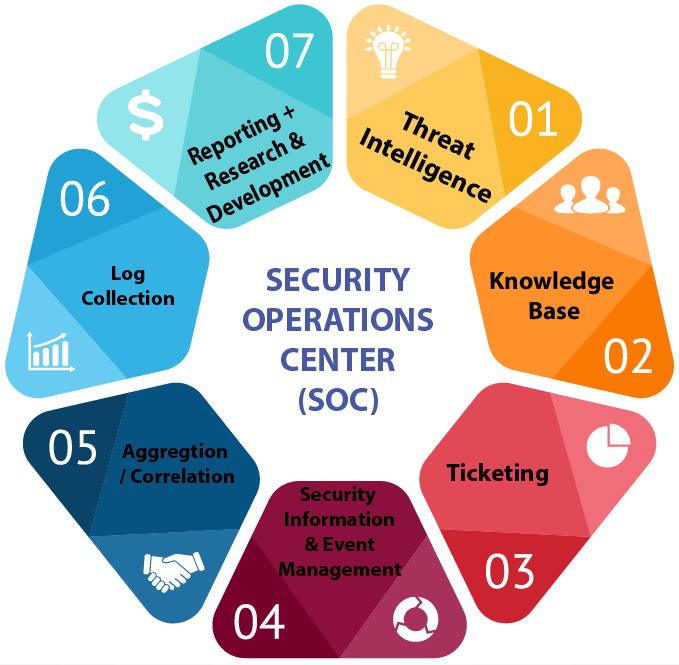Understanding the Rising Strategic Value of the Security Operation Center Market Value

The monetary valuation of a market reflects the perceived importance and tangible benefits of its offerings. The escalating Security Operation Center Market Value is a direct consequence of its critical role in protecting an organization's most valuable assets: its data, reputation, and customer trust. This market's robust expansion, which is projected to advance at a CAGR of 8.2% up to 2032, is fundamentally driven by the recognition that a security breach can have devastating financial and operational consequences. This growth is strongly supported by the need to secure modern IT paradigms, with increasing cloud adoption and prevalent BYOD trends being key catalysts that are expected to significantly boost market growth by complicating the security landscape and demanding a more sophisticated defense.
The intrinsic value of a SOC is measured not just in the cost of the technology and personnel, but in the cost of the disasters it prevents. A successful ransomware attack can cost a company millions in ransom payments, downtime, and recovery efforts. A major data breach can lead to massive regulatory fines, legal fees, and irreparable damage to brand reputation. The SOC serves as the frontline defense against these catastrophic events, providing the early detection and rapid response capabilities needed to neutralize threats before they can cause significant harm. This risk mitigation function is the primary source of its strategic value, making the investment in a SOC a form of essential business insurance against the ever-present threat of cybercrime.
Beyond pure defense, the strategic value of a SOC extends to its role as a business enabler. In the digital economy, trust is paramount. Customers and partners are more likely to do business with organizations that can demonstrate a strong commitment to cybersecurity. A well-run SOC is a tangible symbol of this commitment. It enables a company to confidently adopt new technologies, like cloud computing and IoT, knowing that it has the monitoring capabilities in place to secure them. It allows for flexible work arrangements like BYOD by providing the visibility needed to manage the associated risks. In this way, the SOC moves from being a cost center to a strategic asset that supports innovation, agility, and business growth.
As we look toward 2032, the market's value will be further enhanced by the intelligence it generates. A mature SOC does more than just respond to alerts; it collects and analyzes vast amounts of security data to identify trends, understand attacker tactics, and proactively improve the organization's security posture. This threat intelligence can inform business strategy, guide technology investments, and provide valuable insights into the specific risks facing the organization. This evolution from a reactive security function to a proactive intelligence hub will continue to amplify the SOC's strategic importance, ensuring its market value grows in lockstep with its expanding role in the modern enterprise.
Explore Our Latest Trending Reports:
- Art
- Causes
- Crafts
- Dance
- Drinks
- Film
- Fitness
- Food
- Jogos
- Gardening
- Health
- Início
- Literature
- Music
- Networking
- Outro
- Party
- Religion
- Shopping
- Sports
- Theater
- Wellness
